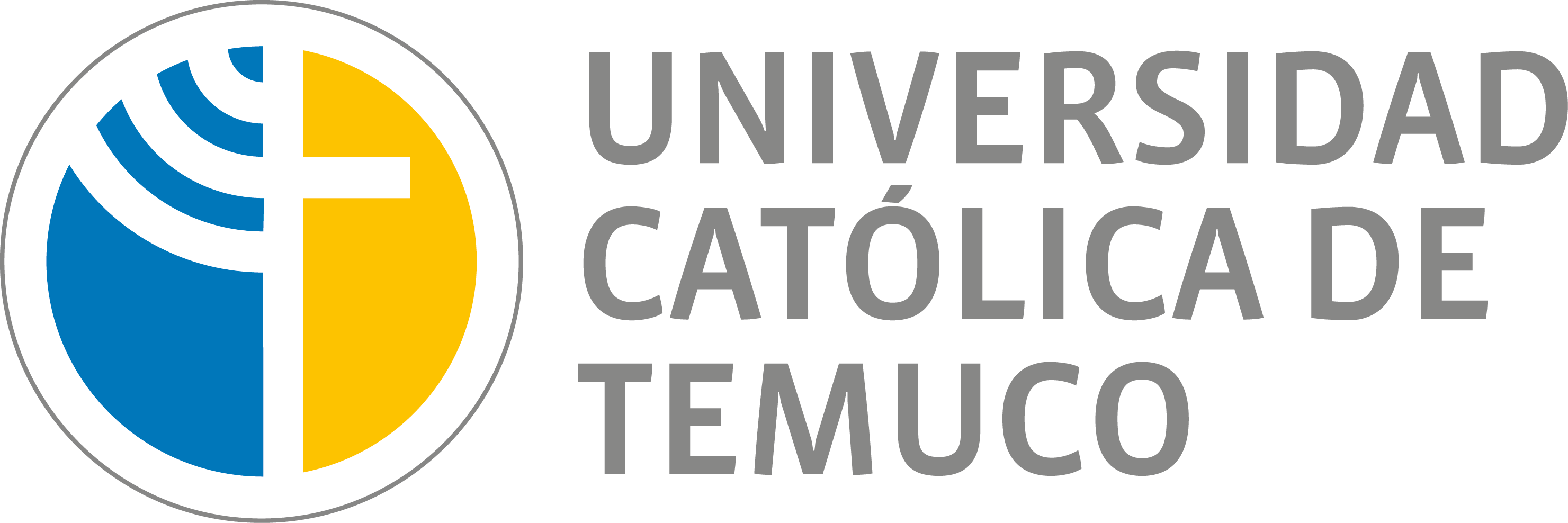Nowadays, many major copper mining projects in desert areas with extremely dry climates, as in northern Chile and the southern coast of Peru, process sulfide ores at high production rates; in some cases over 100,000 metric tonnes per day (mtpd), generating large amounts of tailings, that are commonly managed and transported to tailings storage facilities (TSF) hydraulically using fresh water. Considering the extremely dry climate, water scarcity, community demands, and environmental constraints in these desert areas, the efficient use of water in mining is being strongly enforced. For this reason, water supply is recognized as one of the limiting factors for the development of new mining projects and for the expansion of the existing ones in these areas. New water supply alternatives, such as sea water desalinization, direct use of sea water, or water recovery from tailings, represent the strategy developed by the mining industry to deal with this growing scarcity. The focus of this paper is the possibility of applying different water supply technologies or a combination of these, implementing improved water management strategies that consider: environmental issues, technical issues, stringent regulatory frameworks, community requests and cost-effective strategies, that result in a reduction of freshwater make-up water requirements for mining (m3 per metric tonnes of treated ore).
Keywords: fresh water; sea water use; dewatered tailings; water recovery; make-up requirement; sustainable water use; water supply strategies
